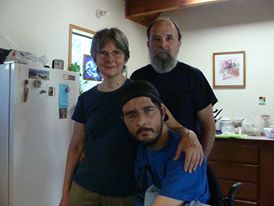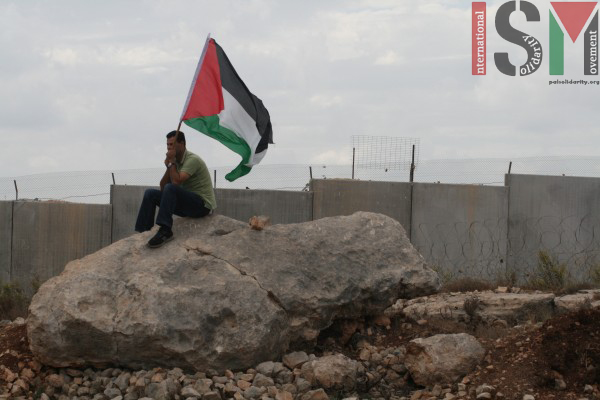Category: Press Releases
-
Trial of American activist maimed by Israeli military to begin
5th December 2014 | International Solidarity Movement| Occupied Palestine Tristan Anderson’s civil trial against the Israeli Military will begin on Sunday 7 December at 10:00, Jerusalem District Court. Tristan Anderson was critically injured after being shot in the head with a high velocity tear gas grenade by Israeli Border Police following a protest against the construction…
-
Human Rights Defender Abdallah Abu Rahma receives guilty verdict from military court
21st October 2014 | International Solidarity Movement | Bil’in, Occupied Palestine On October 21st, Human Rights Defender Abdallah Abu Rahma was found guilty by an Israeli military court of “disturbing a soldier”. “Demonstrating against the occupation cannot be a criminal offence. Finding Abdallah guilty only shows that the [Israeli] military force is a tool to perpetuate the…
-
The world heeds the call of Palestinians in Gaza for pressure on Israel
August 9th 2014 | International Solidarity Movement | Occupied Palestine Update: Please help us spread the word in Arabic, Italian, French, Hebrew and Spanish via your networks. ******* Hundreds of thousands of people worldwide have taken to the streets in response to a call from Palestinian civil society in the occupied and besieged Gaza strip, and the BDS National Committee…



